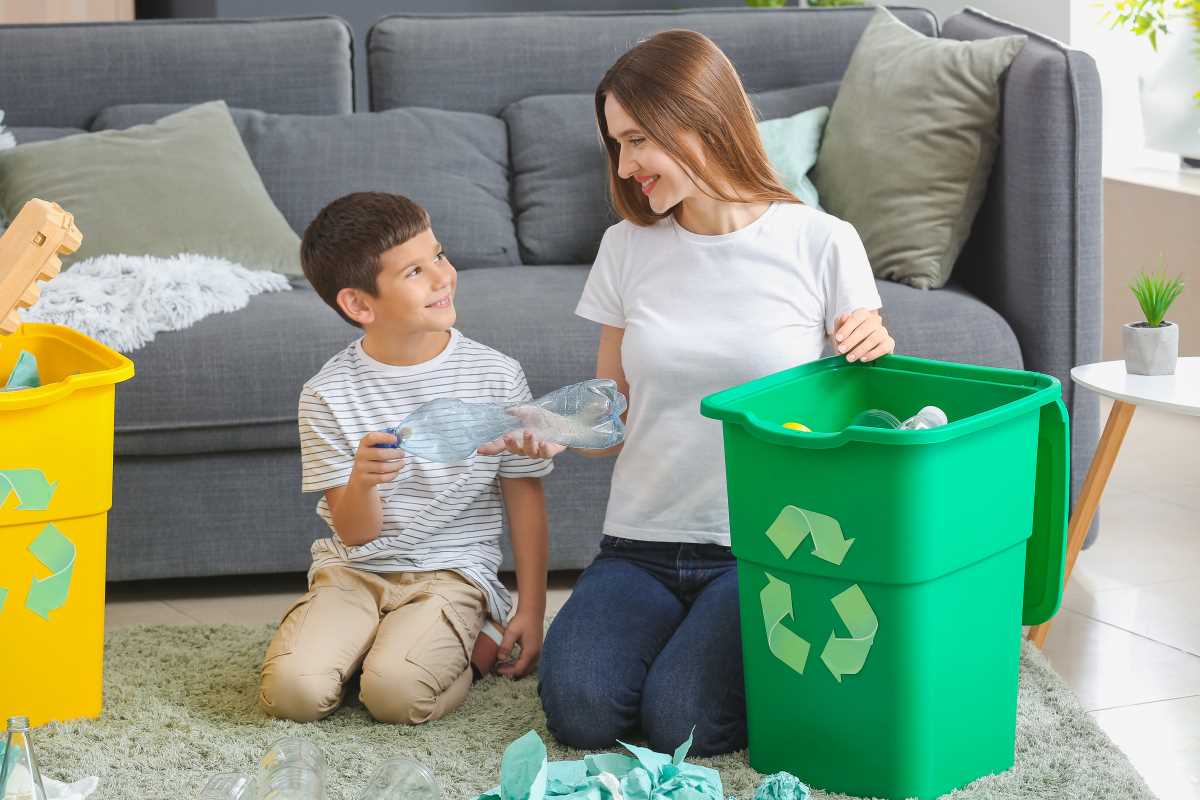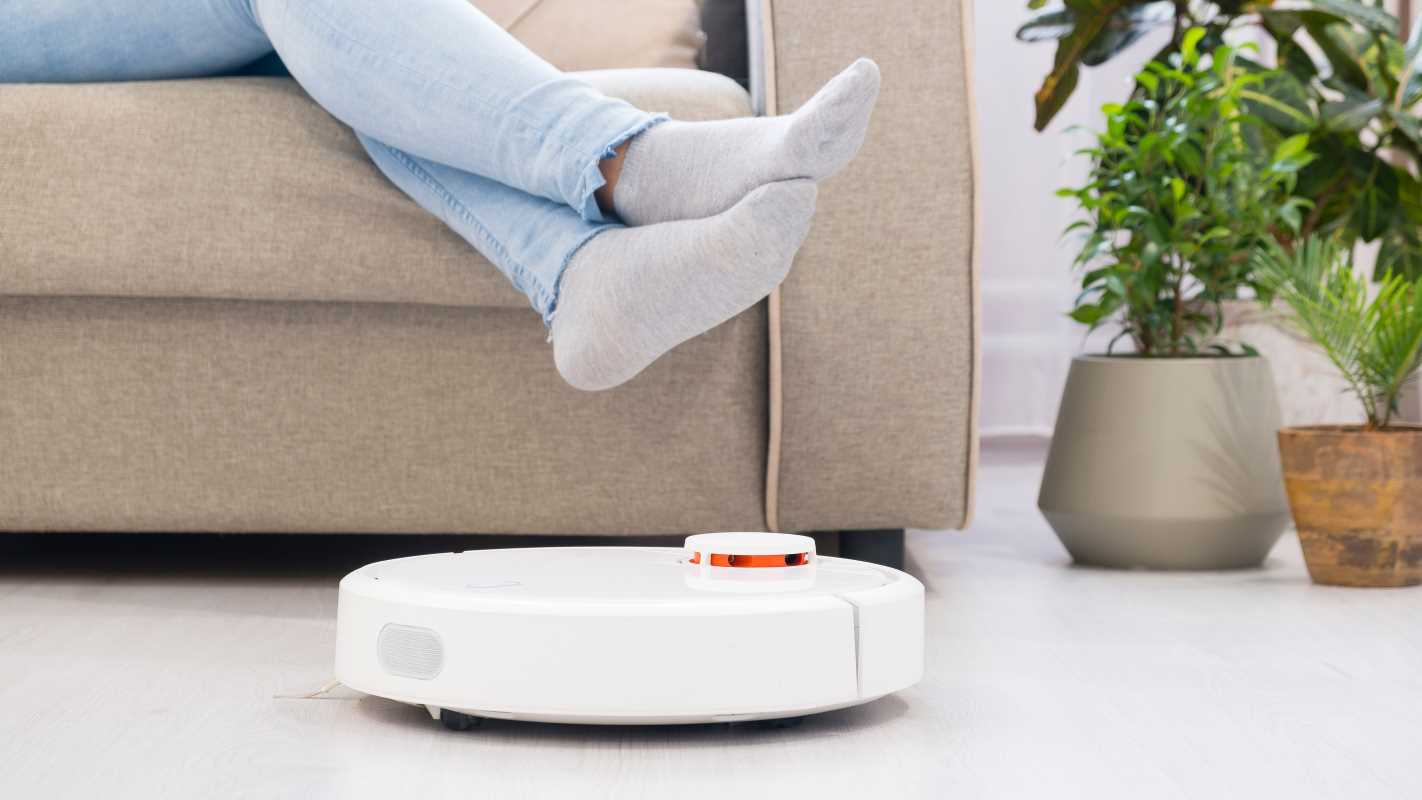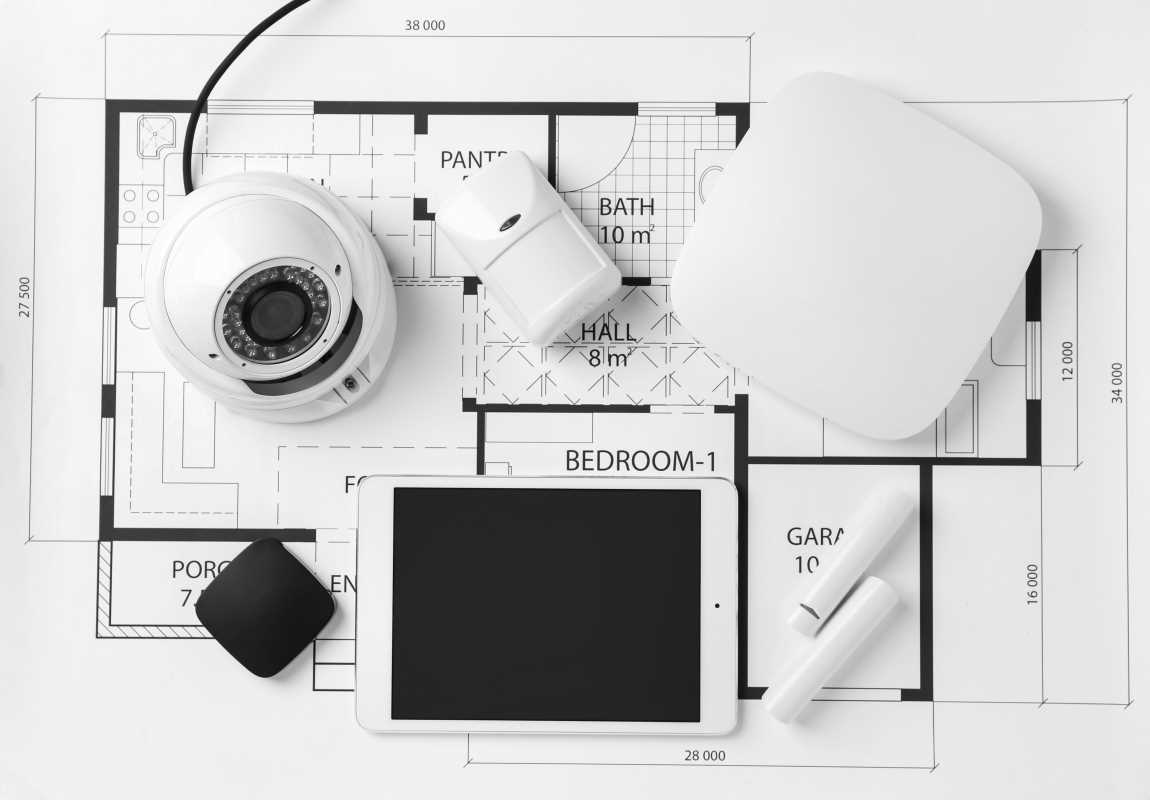Small living spaces can make it tricky to reduce waste, but you don’t need a big house or fancy systems to cut back on trash. Even minor changes—like buying fewer packaged products or learning how to reuse containers—can have a real impact. This piece explores practical ways to declutter, compost, and organize in tight quarters so you can keep your home feeling open and eco-friendly.
Decluttering as a First Step
Sorting out what you already own is the easiest way to start. If you’ve got too many unused items, it’s hard to spot what’s recyclable, reusable, or just plain junk. Clearing out old stuff frees up space and shows you exactly what’s in your home. A few quick bullet points to guide your decluttering:
- Donate or sell items that are still usable
- Throw away expired goods like old spices and outdated toiletries
- Organize what’s left into clear categories (kitchen, clothing, electronics)
With less clutter, it becomes simpler to track where items end up. You’ll also waste fewer resources since you won’t buy duplicates or forget existing products until they’re unusable.
Minimizing Packaging
Packaging is a huge part of daily waste, especially single-use plastics and disposable wrapping. Small dwellings can feel crowded fast when there’s too much packaging lying around. Planning meals can help reduce impulse buys that come in multiple layers of plastic or cardboard.
Reusable shopping bags and containers go a long way, too. They’re perfect for produce, bulk items, or even bringing home leftovers. Try switching to brands that use minimal or easily recyclable materials—like glass jars or paper wrappers. Simple choices stack up over time, so your trash pile shrinks, and your living area remains more open.
Composting in Tiny Spaces
Many people think composting is only for those with big yards, but even a small apartment can support a compact system. A countertop compost bin or a bokashi bucket can handle your fruit and vegetable scraps, eggshells, and coffee grounds. Balancing “green” (fresh scraps) with “brown” (dry leaves, shredded paper) is key to keeping odors in check.
If you can’t use the finished compost in your own home, try giving it to a friend with a garden or adding it to a community compost program. Less food waste in your trash means fewer smelly garbage bags and a smaller environmental footprint.
Creative Storage Solutions
It helps to have a place for everything, especially in a tight space. When recycling, compostable items, and reusable containers get mixed up, it’s hard to stay on track. Try a short numbered list of organization tips:
- Use stackable bins to make use of vertical space
- Label containers to see at a glance what goes where
- Pick clear boxes so you can quickly find what you need
These ideas keep your apartment tidy and cut down on clutter, making recycling and composting less of a hassle. If you’re looking for more ideas, you can find plenty of practical suggestions on organizing without overwhelming limited living areas.
Reuse, Repurpose, and Upcycle
Reusing household items can be both fun and budget-friendly. Jars make great leftover containers or DIY planters, and old T-shirts can turn into cleaning rags. With a bit of creativity, it’s easy to give everyday objects a new purpose.
If you enjoy quick do-it-yourself projects, painting old crates or decorating used tin cans can bring them back to life. You don’t need special skills—just a willingness to see “trash” as a resource. There are plenty of ways to cut down on everyday waste and rethink how you handle common items.
A repurpose mindset cuts back on waste, saves money, and keeps things tidy. Simple steps like decluttering and starting a small compost bin can quickly transform a cramped home into a lower-waste, more comfortable space. Each change reduces clutter, cuts trash, and often lowers stress. It’s not about being perfect—just find what fits your lifestyle, reuse what you can, and adjust along the way. You may discover how satisfying it is to upcycle jars or compost kitchen scraps. Even tiny improvements add up, making your place cleaner and calmer. Start small, keep going, and you’ll soon see less trash and more peace of mind.
With a relaxed approach and an open mind, cutting back on waste in a small living space is totally doable. It’s all about taking one small step at a time and letting those steps add up to a cleaner, healthier lifestyle. By now, you’ve got several ideas to try. They don’t all have to happen at once. Pick what feels right, keep going, and watch your trash shrink.
 (Image via
(Image via





